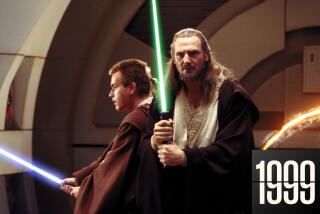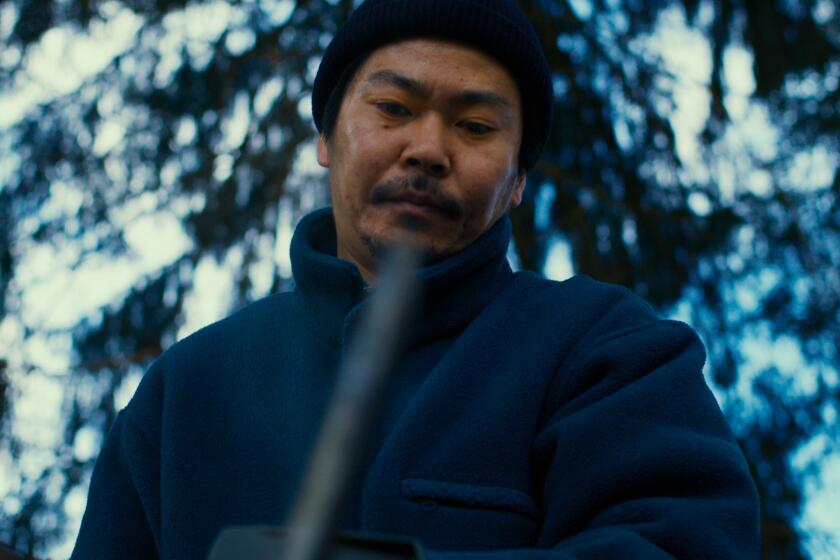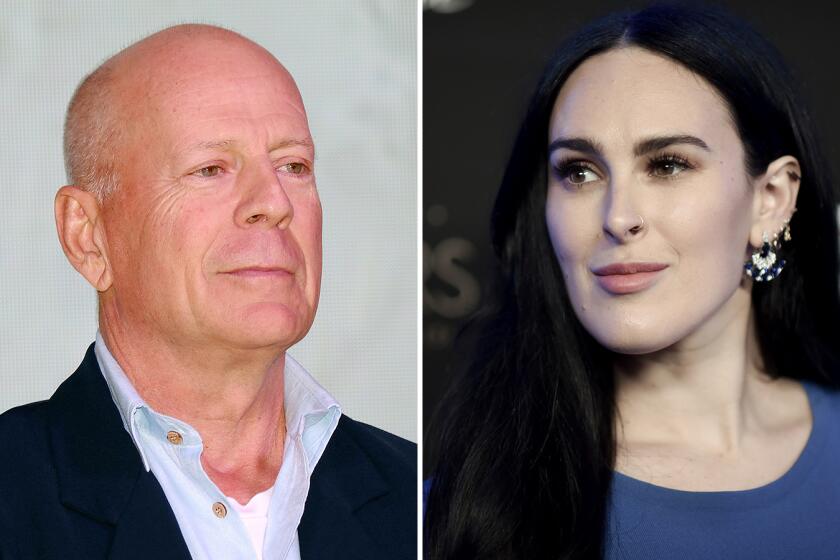Your Ticket to African Cinema
Home video has helped open new vistas to adventurous patrons for whom the price of a rental is their passport to world cinema. The four contemporary films that make up Kino on Video’s “New African Cinema” collection addresses a void in a market dominated by European and Asian films.
“African cinema is an area grossly neglected on the video shelves,” said Lance Schwulst, Kino’s director of video. “It is now where Asian cinema was about four years ago. Home video is the art house of the ‘90s. As people become more accustomed to foreign films, they want to experience something they haven’t seen. Africa is an intriguing continent, and these films allow a glimpse not just of the geography but of the diverse cultures.”
This collection marks the first time a group of African films has been released to the home video market at one time. It taps into what is perceived to be a heightened interest in and awareness of African heritage and cultures.
The titles, Schwulst said, were selected for their accessibility and because they spanned the broadest storytelling range.
“New African Cinema” is presented in association with the Library of African Cinema, a project of San Francisco-based California Newsreel, a nonprofit organization that was founded in 1968 and distributes documentaries, social issue films and African features to institutional markets. It was produced with a grant from National Video Resources, a nonprofit foundation that supports the distribution of independent films.
Cornelius Moore, director of the Library of African Cinema, said the release is “an attempt to introduce African films to a new audience,” whose knowledge of African films may be limited to South Africa’s “The Gods Must Be Crazy,” the commercially successful slapstick farce that was clouded by the shadow of apartheid.
African cinema, Moore noted, is an expression of how the various countries sought to develop independence after the continent became decolonized. “People will get a sense of how vibrant and varied African cinema is,” he said.
Among its recurring themes are a tension between the modern world and the traditional past, and the struggle to determine one’s place in the world.
Perhaps the most potentially commercial film in the collection, Moore said, is Ngangura Mweze’s “La Vie Est Belle” (Life Is Rosy). This exuberant romp, made in 1987, features Zairian music legend Papa Wemba as a poor aspiring singer from the country who comes to the city to break into radio and television. His triumph over a series of obstacles is an illustration of Zairian’s faith in “debrouillardise”--fending for yourself to survive.
“Touki Bouki” (Journey of the Hyena) is Djibril Diop Mambety’s landmark 1973 Senegalese film. “It’s one of those films that people may have heard about but not seen,” Moore said. Influenced by the French New Wave, this rueful and restless social drama follows two young lovers who yearn to escape their dusty hometown for Paris.
Cameroonian director Jean Pierre Bekolo was 26 when he made “Quartier Mozart” and is, Moore said, “an example of someone influenced by world pop culture.”
Bekolo, who previously edited music videos, has cited Spike Lee’s “Do the Right Thing” and his book “She’s Gotta Have It: Inside Guerrilla Filmmaking” as inspirations for his breakthrough film, which was awarded the Prix Afrique en Creation at the 1992 Cannes Film Festival.
This unsentimental comic fantasy unfolds during the course of 48 hours as a schoolgirl, with the help of a local sorceress, enters the body of a young man to discover the sexual politics of her working-class neighborhood.
Gaston Kabore’s “Wend Kuuni” (God’s Gift) was the first major feature-length film produced in Burkina Faso. It is a deliberately paced fable about a mysterious young orphan who is found mute and without memory. He is befriended by villagers whose generosity triumphs over the bigotry and cruelty that drove the boy from his native village.
African cinema lags behind African music in finding an international audience. “Africa is a continent that people don’t know about,” Moore said. “They think of war and famine.”
Traditionally, he added, Hollywood films haven’t been much help: “Even in movies that are supposed to be about Africa, a person who is African is peripheral to the story. This series smashes stereotypes and shows Africa’s rich diversity. These cultures are not static. There is change going on.”
*
“New African Cinema” is available in stores or from Kino on Video, (800) 562-3330. Each film retails for $59.95.
More to Read
Only good movies
Get the Indie Focus newsletter, Mark Olsen's weekly guide to the world of cinema.
You may occasionally receive promotional content from the Los Angeles Times.






